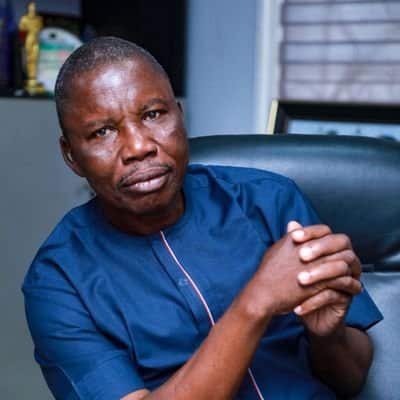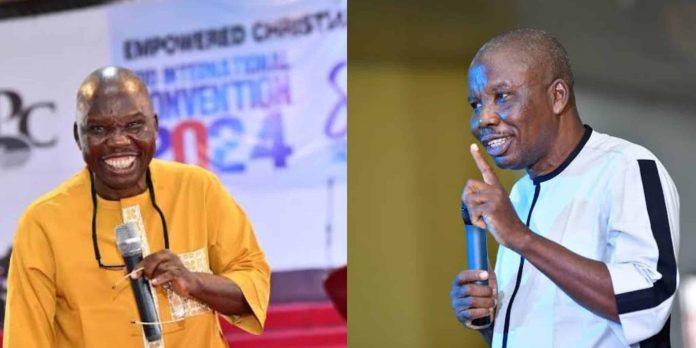A Nigerian cleric, Dr Charles Akpoti, has sparked nationwide debate after accusing prominent general overseers of remaining silent over the rising insecurity and killings across the country.
In a statement circulating on social media, Akpoti claimed that many church leaders had compromised their spiritual integrity due to their close ties with politicians “General overseers in Nigeria are not speaking about the killings in the country because their mouths are filled with political meat,” he said.


“The Holy Spirit no longer moves in their churches because they allow evil politicians to mount their pulpits and speak.”
His comments have reignited public discussion on the relationship between religion and politics, with many Nigerians expressing divided opinions on social media platforms.
Nigerians tract to controversial Statement
Following Akpoti’s post, social media users flooded the comment section with mixed reactions. While some supported his claims, others warned that such remarks could further divide the nation.
A user wrote, “The man is speaking the truth,” echoing the sentiment of many who believe that some religious leaders have lost their prophetic voice. Another user, Ifeanyi Ifebi, also agreed, saying, “He said the truth.”
However, others held a different opinion. A user with the handle Its_Oladeni cautioned that such comments might worsen the country’s fragile security situation. “This narrative will worsen our security issues and not solve it. It’s going to divide us and turn our battles internal,” he warned
Public sivides over religion and politics
The post has since fuelled a broader conversation about the perceived silence of religious leaders in the face of social and political challenges.Some Nigerians argue that many clerics have become too aligned with political figures to speak truth to power.
Another commentator under the name Nwaoma Truthmusk01 described Akpoti’s statement as symbolic of the “new gospel according to politics,” adding that “sermons now pause for photo ops, and offerings outweigh outrage.”
As reactions continue to pour in, analysts say Akpoti’s criticism reflects growing frustration among Nigerians who feel faith leaders are not doing enough to condemn corruption, injustice, and insecurity.



